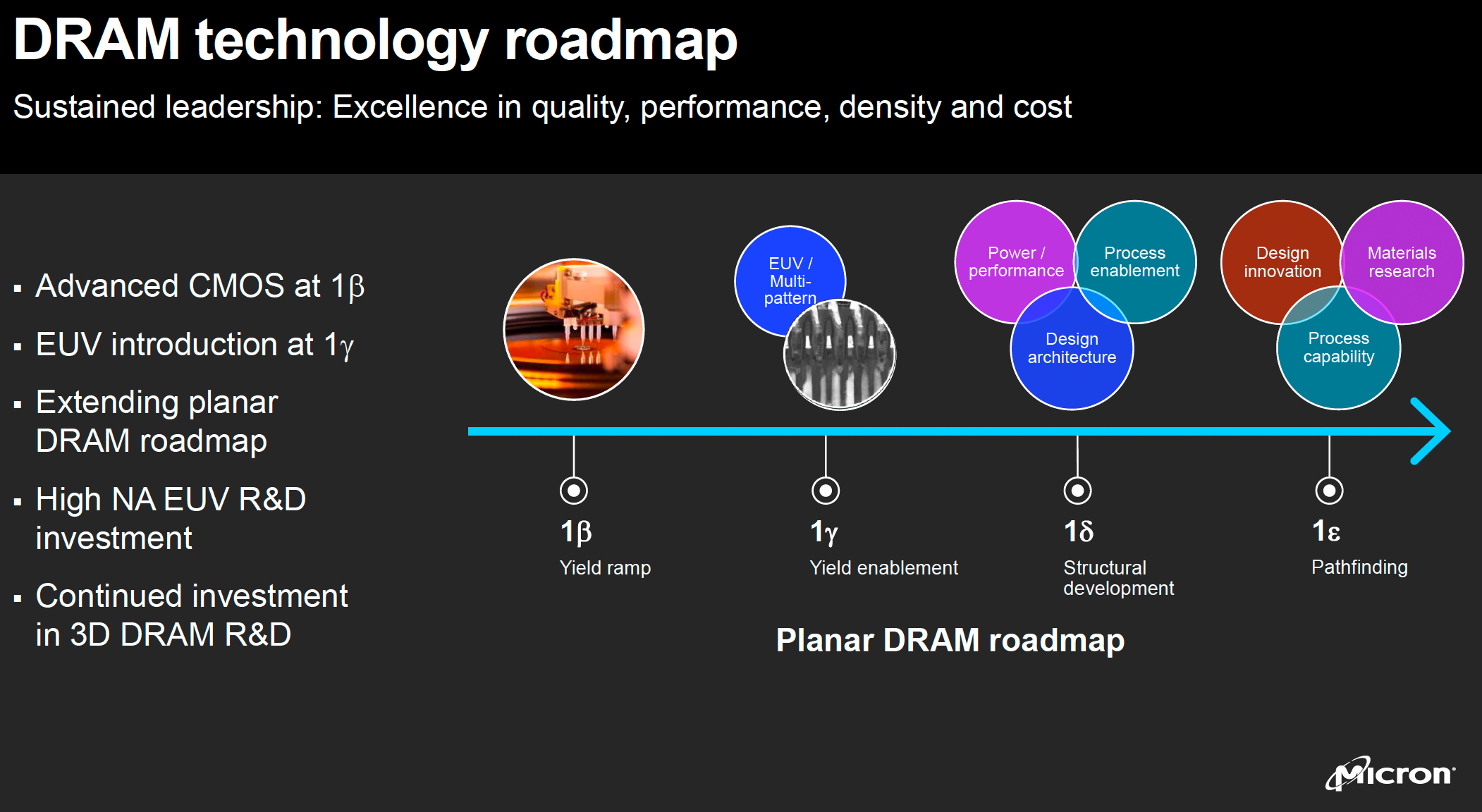Japanese Government Ups Micron EUV Fab Subsidies to $1.29 Billion
EUV lithography coming to Japan.

The Japanese Ministry of Economy, Trade, and Industry is increasing its subsidies for Micron's fab in Hiroshima from $320 million to $1.29 billion, according to a Nikkei report. The increase ensures that the company builds its fab on time. For the Japanese government, the grant is a part of a broader plan encompassing several billion yen invested in various chip companies designed to enhance Japan's semiconductor prowess.
Micron secured $320 million in funding for its fab in Hiroshima almost exactly a year ago. Meanwhile, Micron's total investments in the new production facility were meant to be about ¥500 billion ($3.618 billion). While $320 million is a lot of money, it might not be enough given Micron's reduced capital expenditures compared to 2022 levels. As a result, it looks like Micron and the Japanese government have reached an agreement to increase subsidies, according to Nikkei.
Micron aims to initiate high-volume manufacturing of sophisticated memory chips using its 1γ process (its 3rd Generation 10nm-class node) that relies on extreme ultraviolet (EUV) lithography by 2026, so the company needs money as soon as possible.
The Ministry's vision is not limited to Micron. A sweeping budget of ¥2 trillion ($13.385 billion), spread over two years, is reserved explicitly for subsidies related to semiconductor investments. Casting the net wider, Taiwan's TSMC will receive up to ¥476 billion ($3.1857 billion) for its fab operations in Kumamoto. Additionally, a collaborative effort between Kioxia and the U.S-based Western Digital in Mie prefecture is backed by a subsidy worth ¥92.9 billion ($621.72).
This significant financial infusion into semiconductor companies underscores Japan's commitment to decreasing its reliance on overseas chip suppliers and rebuilding its domestic semiconductor sector. Japan aims to circumvent potential risks linked with international supply chain interruptions by strengthening domestic capabilities, thereby ensuring a smooth and robust internal supply of critical technological components.
Get Tom's Hardware's best news and in-depth reviews, straight to your inbox.

Anton Shilov is a contributing writer at Tom’s Hardware. Over the past couple of decades, he has covered everything from CPUs and GPUs to supercomputers and from modern process technologies and latest fab tools to high-tech industry trends.
